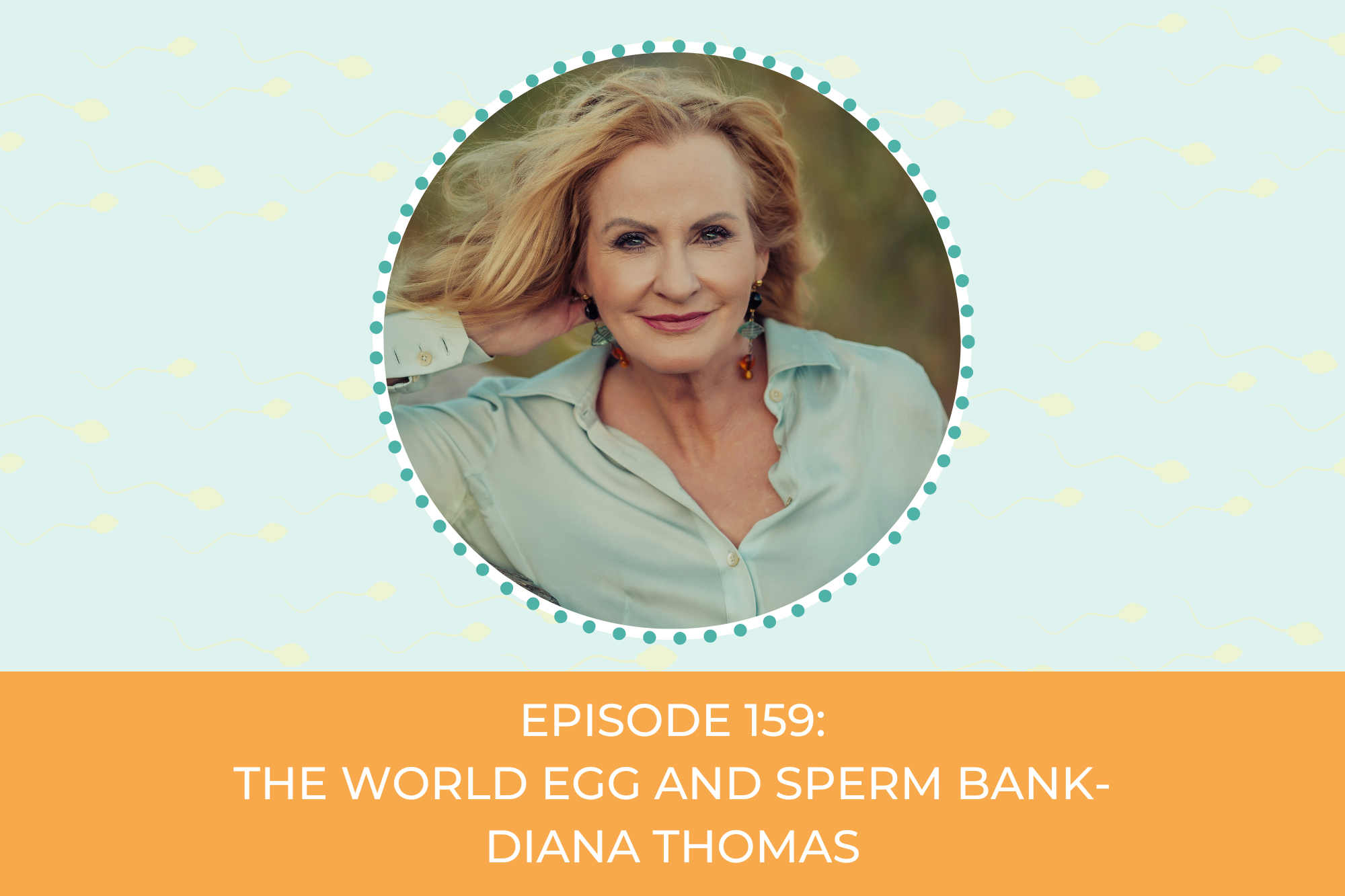Sperm Donation FAQs: Everything You Need to Know

Becoming a sperm donor is an enriching opportunity to help build a family, but there are many sperm donation FAQs potential donors have before committing to the donation process. It’s essential to understand the process and your responsibilities ahead of time.
Some sperm donation FAQs include:
- Why become a sperm donor?
- What are the requirements to become a sperm donor?
- What should you do before donating sperm to increase a healthy sperm count?
- How long does it take to donate sperm?
Keep reading for the answers to all your sperm donation FAQs, plus resources for finding out how to get started as a sperm donor.
Why Become a Sperm Donor?
Before considering the rules and qualifications for donating sperm, you should know why donating sperm is an effort worth pursuing. Some of the reasons to become a sperm donor include:
- A sense of fulfillment in knowing that you helped make someone’s dreams of conceiving a child come true
- Education about your fertility, which will be useful if you decide you want to have a child in the future
- Free genetic testing, which will inform you about any genetic diseases you may be carrying, plus a free medical assessment
- Reimbursement of $100 per donation, up to $1200 per month
What Sperm Donor Requirements Do You Need To Meet?
Sperm donor requirements vary depending on the facility you donate at, but in general, there are age, location, health, family history, and sperm quality requirements.
For example, to qualify as a sperm donor at The World Egg and Sperm Bank, potential donors must be:
- Between the ages of 18 and 39
- In good physical and mental health
- Within driving distance of our facility in Scottsdale, Arizona
- Must be a U.S. citizen or hold a permanent residency the United States
We also require that individuals be willing to donate 1-3 times per week, with reimbursement for each donation.
Other facilities require you to have a certain level of education (e.g., enrolled in a post-secondary institution), certain physical traits (e.g., a minimum height requirement), or other specific criteria.
To determine whether a person is in good physical and mental health, individuals are:
- Screened for any mental health issues by a licensed psychologist
- Given a physical by a licensed medical professional
- Given a blood test, which will reveal any genetic abnormalities
- Screened for any STIs
Individuals will also provide an initial sperm sample, which will be tested for sperm count and quality.
What Excludes You From Donating Sperm?
Similar to egg donation disqualifiers, you may be unable to donate sperm due to a variety of reasons. The most common disqualifiers include the following:
- Genetic Diseases: If you carry a serious genetic disorder that could potentially be passed down to a child, such as cystic fibrosis, you may be disqualified.
- Low Sperm Count/Sperm Quality: If your semen sample shows that your sperm count is low, your sperm isn’t moving around, or your sperm is not shaped normally (i.e., with an oval head and long tail), you will be unable to donate sperm. Some clinicians will recommend lifestyle changes that may improve your sperm quantity/quality, and you may have your semen tested again later on to see if you qualify.
- STIs: Individuals with sexually transmitted infections (STIs) will be excluded from becoming sperm donors. You will be tested for HIV, hepatitis, Chlamydia, gonorrhea, and other STIs. In some cases, you may apply to be a sperm donor again after the STI has cleared up.
- Poor Physical or Mental Health: If a licensed medical professional declares that you are not physically or mentally prepared to donate sperm, you will be disqualified.
What Should You Do Before Donating Sperm?
Another common sperm donation FAQ revolves around how to prepare for donation. The health of your sperm is closely tied to your overall physical and mental health. If you cultivate a healthy lifestyle, you are much more likely to produce an abundance of healthy, normally-shaped sperm.
To promote sperm count and health, you should:
- Maintain a Healthy Weight: According to various studies, men with a higher BMI are statistically more likely to have poor sperm quantity and quality. Your particular body composition may be naturally higher than this, especially if you have significant muscle mass. In general, if you’re practicing healthy lifestyle habits, you’ll have a higher chance of qualifying as a sperm donor.
- Consume a Balanced Diet: Work towards a balanced diet that includes the recommended amount of calories, macronutrients, and vitamins/minerals for your individual needs.
- Exercise Regularly: Regular exercise reduces stress, helps regulate sleep, and helps you maintain a healthy body weight.
What Should You Not Do Before Donating Sperm?
Before you donate sperm, avoid unhealthy activities like smoking cigarettes, consuming drugs, and drinking excessive amounts of alcohol. These activities are known to substantially decrease your overall sperm count and sperm concentration.
You should also avoid hot tubs and wearing tight underwear. Your testicles, which is where your sperm are stored, are susceptible to heat. Very hot temperatures can kill sperm cells, while keeping your testicles cool in jockey or boxer shorts promotes sperm production.
Sperm Donation FAQs: More Commonly Asked Questions
How Often Can I Donate?
The ASRM (American Society for Reproductive Medicine) has set pregnancy limits for banks, so sperm donors can donate 1-3 times per week.
What Can I Expect During the Sperm Donation Process?
During the sperm donation process, you can expect to apply online, go through health screenings, and come in to donate at our state-of-the-art-facility.
Read our post on what happens at a sperm bank for an in-depth explanation of what to expect during the sperm donation process.
What Happens to My Sperm After I Donate It?
Once you donate sperm, clinicians at the sperm bank will freeze your sample via a process called vitrification, which allows sperm to be preserved in milliseconds.
After that, your donated sample can be stored in a cryogenic container indefinitely until it’s ready for a recipient. When the donor recipient receives your sample, it is thawed to room temperature and prepared for use.
Have More Questions about Sperm Donation?
The World Egg and Sperm Bank is here to help and guide you through the process of sperm donation. We provide all donors with a comfortable, private environment in our new, state-of-the-art sperm banking facility located in Scottsdale, Arizona.
For more information about sperm donation or to have any follow-up questions answered, contact The World Egg and Sperm Bank. If you’re ready for it, register to be a sperm donor today.
Follow Us On Our Socials!
Check out our Instagram, Facebook, and LinkedIn pages to see our content and learn more!




